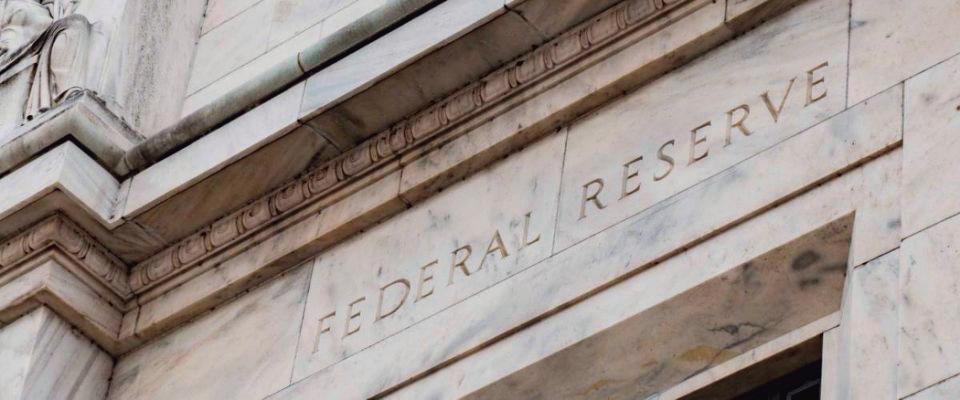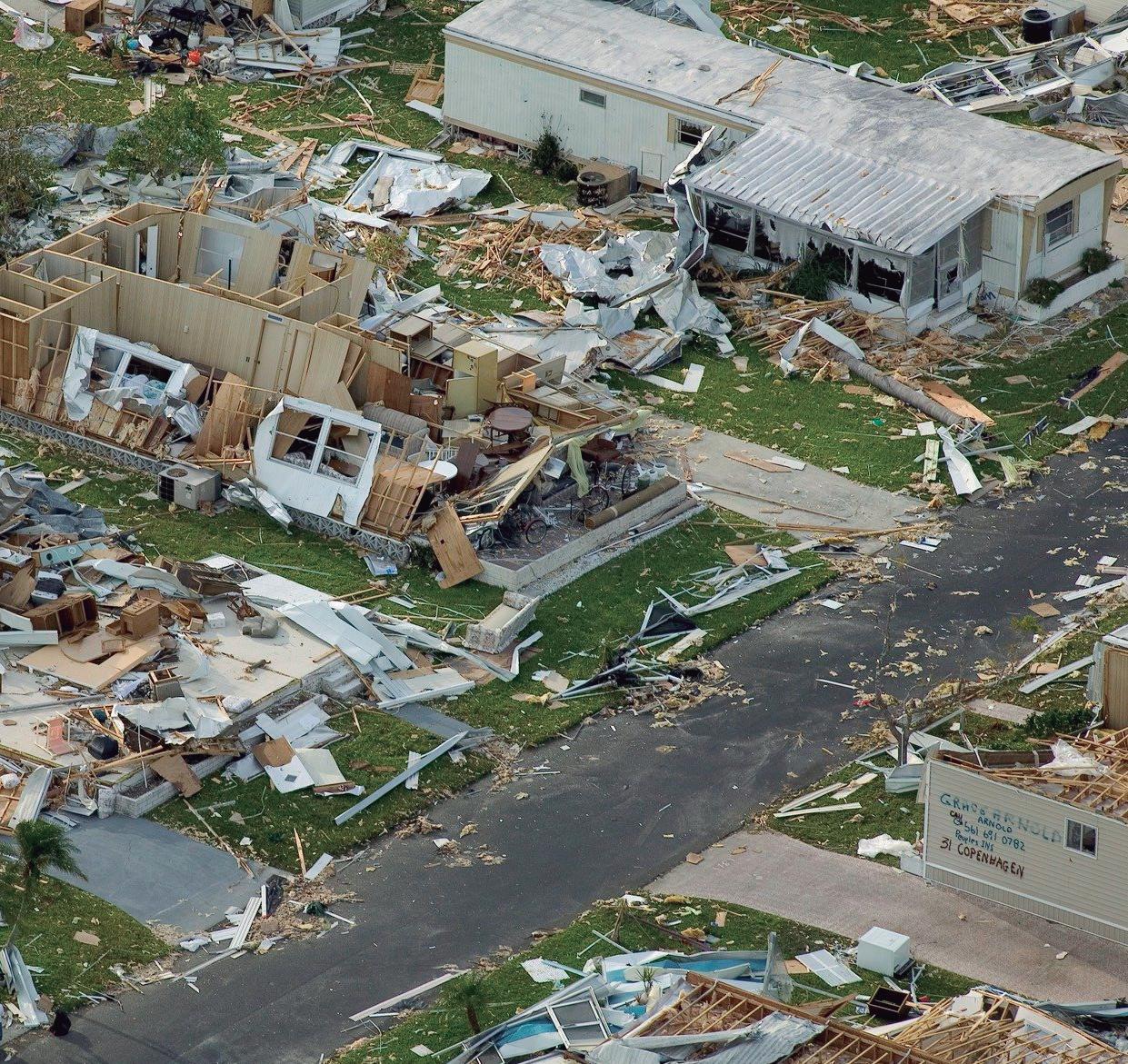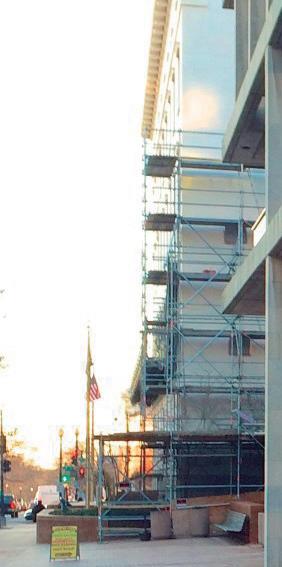
7 minute read
How will the 2020 Presidential Elections
Jerel Washington

How Will The 2020 Presidential Electio n Affect Rea l Estate?
Two months from now, citizens of the U nited States of America would be choosing who will be behind the wheels of the affairs of the country for the next four years. And the truth is, no matter how much we try to say the election has no impact on the real estate market, we still have to pay very close attention to the election. This is because election years tend to make investors nervous about investing in dicey political situations since they do not know if the incumbent will retain office and continue with his policies. They’re also unsure if there would be a newly elected president who could change the face of the game with one of his new policies.
It is because of this reason we are going to be examining how this presidential election would be affecting the real estate market.
Uncertainty
The first way this presidential election will be affecting the real estate market is by causing uncertainty in the mind of home buyers and other investors in the market.
Matt Laricy, the managing broker of The Matt Laricy Group in Chicago, says “presidential elections tend to affect the market more than other elections is simply because people fear change, [and] whenever people get nervous, they don’t make rational decisions. They make emotional decisions.”
This uncertainty on the part of the people tends to grow as the year progresses in an election year and it becomes more noticeable during the second half of that year. This is proven by a data analysis carried out by The Real Deal, which showed that real estates sales are 12.7% weaker between June and October in presidential election years.
Possibility Of New Policies And New T x Regimes
The two leading presidential candidates, Joe Biden and President Donald Trump, have diverging views on policies and tax generally. Joe Biden already proposes a possible change to the current Tax Cuts and Jobs Acts (TCJA) while President Trump keeps making waves with his introduction of opportunity zones.
Invariably, if President Trump retains his seat, he is likely to continue at the pace which he is already going. Whereas, if Biden succeeds in assuming the office, the new policies and tax regimes will take the market into a new direction.
It is because of this reason, many players in the sector choose to wait out the election year to see if there is any change in the policy or taxes that could affect the market.
More House Sales In The Comin g Year
Usually, after every election year, players in the market who may have held back from making any activity in the market during the last election year tend to come blazing into the market. This is because they now have an inkling of what the future of the US market holds for them and their property.
So, it is quite possible that in the coming year, there could be more demand for real estate as Americans now know what to expect or not expect from the market. They know what the policies are, and they know what the “new” tax regime is and how favourable or unfavourable it could be to them, and their properties. As such, they are either trying to cash out when the profit is high, or they are holding on for a more favourable market response.
But mostly, after every election year, there are always more high demands from homebuyers and a high-profit net for sellers too.
Reference:
https://mattlaricygroup.com/ https://therealdeal.com/2020/02/05/this-is-how-presidentialelections-really-affect-home-sales/ https://www.kiplinger.com/slideshow/taxes/t055-s001-2020-electionjoe-biden-s-tax-plans/index.html?amp https://themreport.com/daily-dose/08-18-2020/the-2020-electionsanticipated-effect-on-housing https://ca.exprealty.com/blog/49685/How+Will+The+Presidential+Ele ction+Affect+Real+Estate


www.stopHigherPropertytaxes.org
split-roll Property tax Measure Hurts immigrant and Minority communities Background: Prop 13 Has Helped all californians for More than 40 Years
• For more than 40 years, Prop 13 has provided certainty to homeowners, farmers and businesses that they will be able to afford their property tax bills in the future. Under Prop 13, both residential and business property taxes are calculated based on 1% of their purchase price, and annual increases in property taxes are capped at 2%, which limits increases in property taxes, especially when property values rise quickly.
split-roll Property tax Measure Destroys Prop 13 and Makes our economic crisis Worse
• Amid an unprecedented economic crisis, special interests submitted petitions to qualify a measure for the
November 2020 statewide ballot that will destroy Prop 13’s property tax protections and will be the largest property tax increase in California history. The measure will raise taxes on commercial and industrial property by requiring reassessment at current market value at least every three years. This type of property tax is known as a “split-roll tax” because it splits the property tax roll, assessing business property differently than residential property. • We should reject this measure and maintain Prop 13 protections that have kept property taxes affordable and provided every taxpayer who buys a home or business property with certainty that they can afford their property tax bills in the future. Now is not the time to raise taxes and bring more uncertainty to businesses and all Californians.
Gentrifies our Longtime communities
• A split-roll property tax will provide a huge financial incentive for local governments to approve business projects to replace existing housing so they can receive higher property tax revenue. It will also push small minority- and immigrant-owned businesses out of our communities when they can’t afford the higher property taxes. This unintended consequence will intensify the gentrification already occurring in much of the Bay Area and Southern
California coastal counties.
Hurts small Businesses and consumers
• Most small businesses rent the property on which they operate. The measure’s higher property taxes will mean soaring rents at a time when the federal and state government is trying to provide small businesses with rent relief to keep their doors open. Ultimately, the measure’s tax hike on businesses will get passed on to consumers in the form of increased costs on just about everything people buy and use, including groceries, fuel, utilities, day care and health care.
Hits Minority-, immigrant-and Female-owned Businesses the Hardest
• Small businesses are already struggling. This measure will make it even more difficult for them to reopen their doors or stay in business as a result of this economic crisis. Increasing property taxes on businesses by up to $1 2.5 billion a year will hurt female- and minority-owned businesses the most and 120,000 jobs will be lost, according to a
Berkeley Research Group study. Voters are being asked to consider a measure that will only increase job losses at a time when millions of Californians are applying for unemployment benefits. • According to the latest data from the Harvard Business School, about 42% of new companies are founded by immigrants in California and the most recent 2012 Survey of Business Owners by the Census bureau found that 5% of businesses in the state are owned by African Americans. Additionally, the California Latino Economic Institute found that nearly one-quarter of all businesses in California are owned by Latinos, and they are the fastest-growing component of the state’s economy. Most of these businesses start small and stay small, meaning they often rent their property and are subject to higher rents when property taxes increase. • In the most recent 2012 Survey of Business Owners by the Census Bureau, 38% of all non-publicly traded businesses were owned by females and another 9% were owned equally by females and males.
increases the cost of Living for everyone and Makes the Homelessness crisis even Worse
• In 2019, US Housing & Urban Development data showed California led the nation with more than one-quarter of the country’s homeless population. • California’s cost of living is already among the nation’s highest. We shouldn't do anything to make it even more expensive to live here. The split-roll measure will only increase homelessness and make life more difficult for
Californians already living paycheck-to-paycheck.
Homeowners are Under attack
• If businesses lose their Prop 13 protections, homeowners will be next. Supporters of the measure even admitted that this initiative was the first step in a plan to end Prop 13, which could mean skyrocketing property tax increases for all California homeowners.
Ad paid for by Californians to Save Prop 13 and Stop Higher Property Taxes, sponsored by California homeowners, taxpayers, and businesses Committee major funding from Western Manufactured Housing Communities Association California Business Roundtable California Taxpayers Association Funding details at www.fppc.ca.gov










